Augustus is a biology student. He likes studying biology but doesn't know what to do after he finishes his degree!

You may be in this situation, too. That's ok! If you're for career options with a biology degree, you've come to the right place.
Learn more about your potential choices with these biology career categories.
Plant Biology Careers
Plant biology is the study of the biology of plants. It can include studying the evolution of plants, and their unique structures and functions.
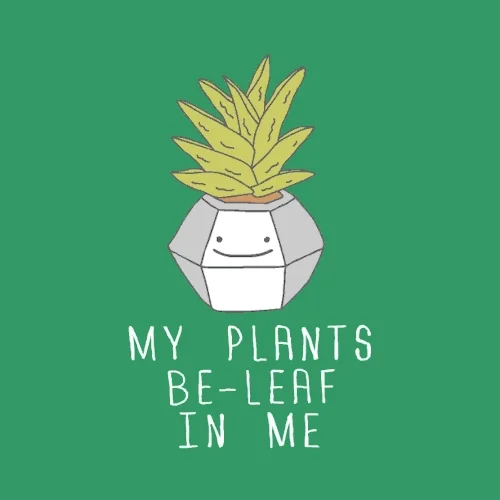
Conservation Scientist
One career path for plant biologists is that of a conservation scientist. Conservation scientists manage and conserve public and private lands, including forests, parks, and other natural areas.

How Do I Become a Conservation Scientist?
You'll need to complete a Bachelor's degree in biology or forestry, or a general science degree while completing conservation science courses.
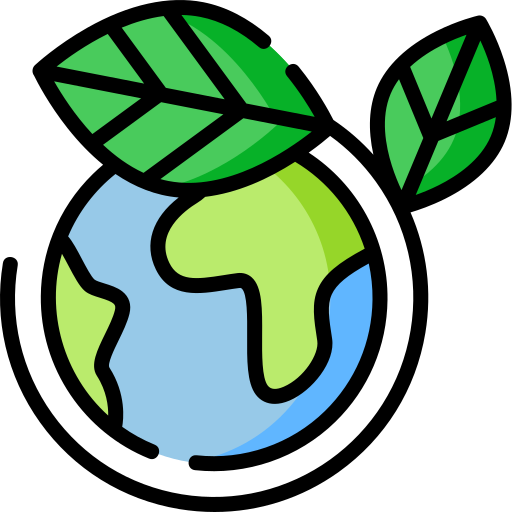
What Conditions Does a Conservation Scientist Work In?
Conservation scientists find themselves either in an office, in a laboratory, or in nature.
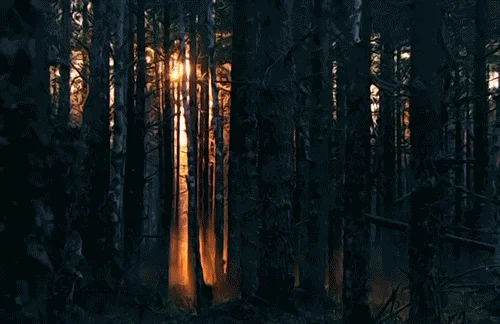
Bug bites, allergies, and harmful plants may cause this career to have some risk, and the weather may not always be perfect when in the field. But with some basic safety equipment, you can keep yourself safe and enjoy the nature around you!
Your Potential Responsibilities
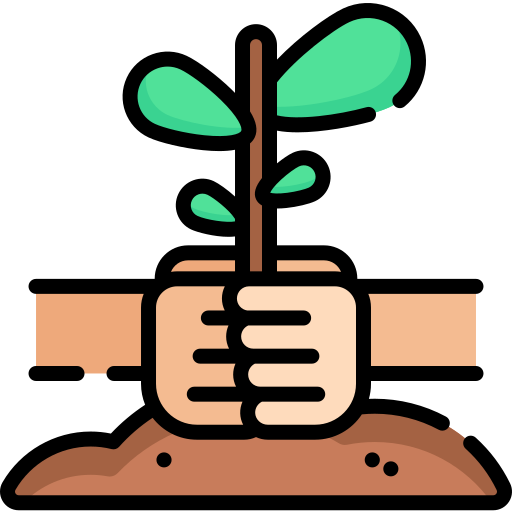
choose and prepare sites for new trees
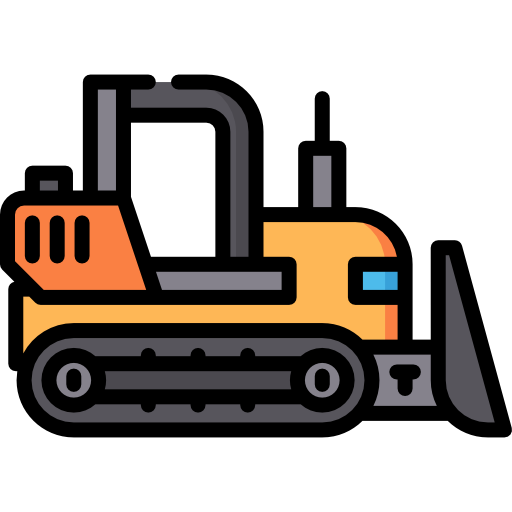
use controlled burning, bulldozers, or herbicides to clear land

work with private landowners, governments, and farmers to remove timber or improve land
Your Potential Workplaces

government organizations
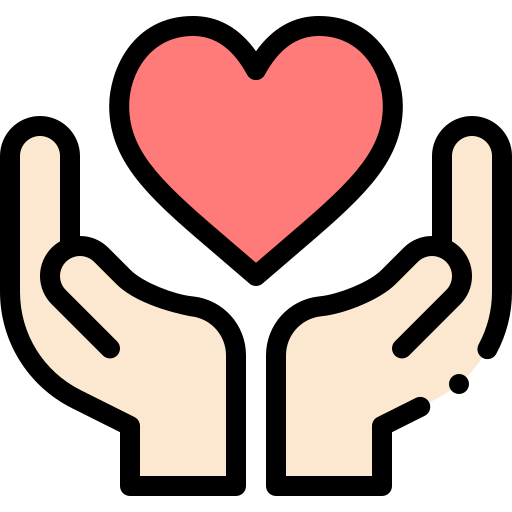
non-profit organizations
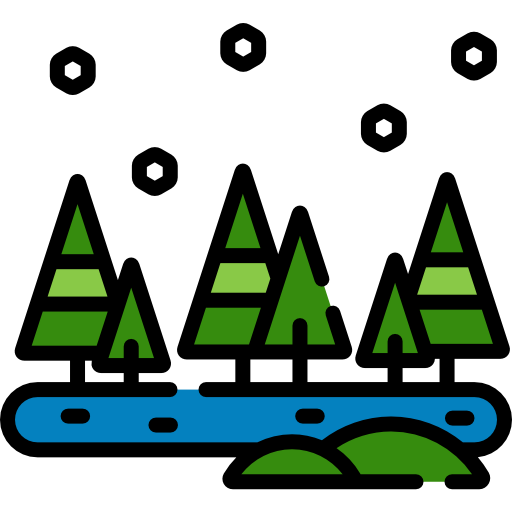
forestry and logging companies
Other Potential Careers in Plant Biology:
If you love plants but don't like the idea of becoming a conservation scientist, consider these careers instead:

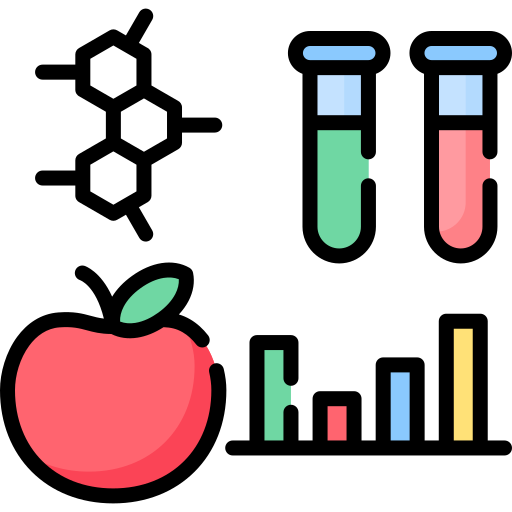
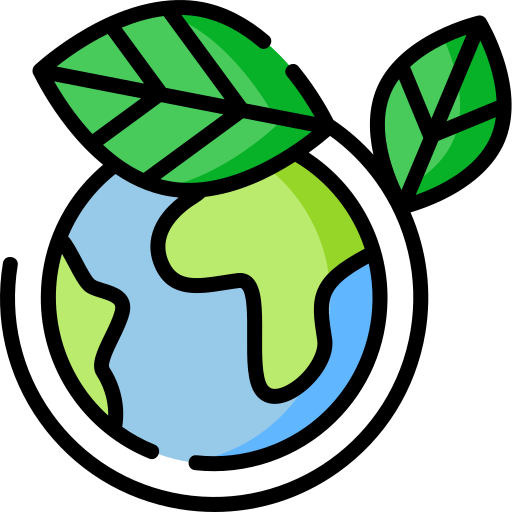
Animal Biology Careers
Animal biology is the study of animals. This can include evolution, food-web, genetics, or special chemistry and physics that are unique to specific animals.
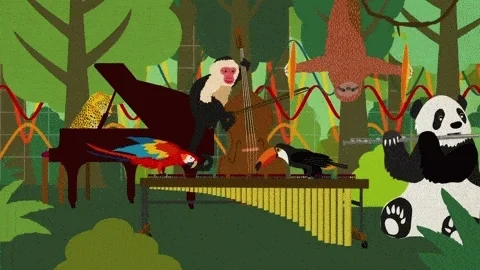
Wildlife Biologist
One career path for those interested in animal biology is to become a wildlife biologist. Wildlife biologists study animals in their natural environments. If they study animals in captivity, they're known as zoologists.

How Do I Become a Wildlife Biologist?
You'll need to complete a Bachelor's degree and major in biology while taking zoology or wildlife biology, or complete a zoology degree.

If you want to lead research or qualify for higher-responsibility positions, graduate studies, like a Master's or Doctoral degree in a program focused on zoology or wildlife biology will help!
What Conditions Does a Wildlife Biologist Work In?
Wildlife biologists can work in both an office or a field setting, but are mostly in the field.

Field work could be challenging. Some wildlife biologists are away from home for months at a time to collect samples, and could be working with dangerous animals in bad weather. But wildlife biologists rate their job satisfaction highly, and find purpose easily in their work!
Your Potential Responsibilities:
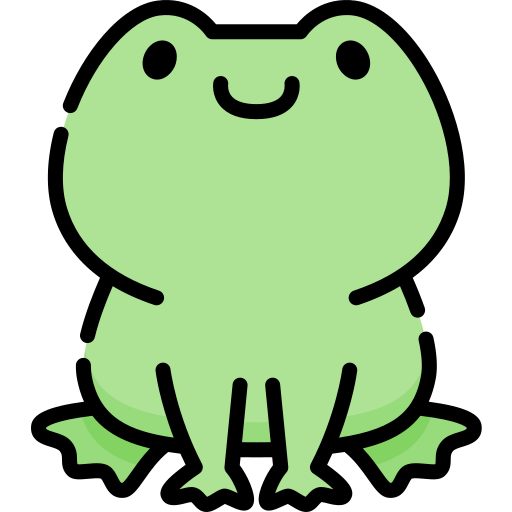
collect and study animals or animal samples
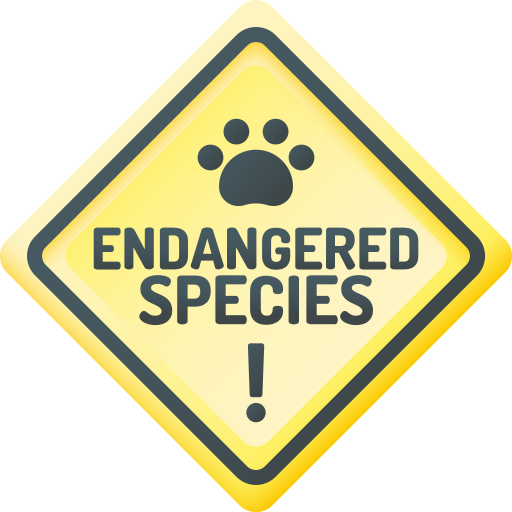
research and maintain breeding programs to help species-at-risk
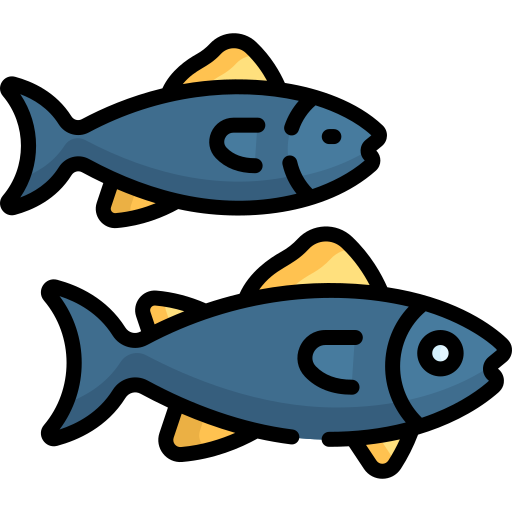
manage and monitor invasive species and native species populations
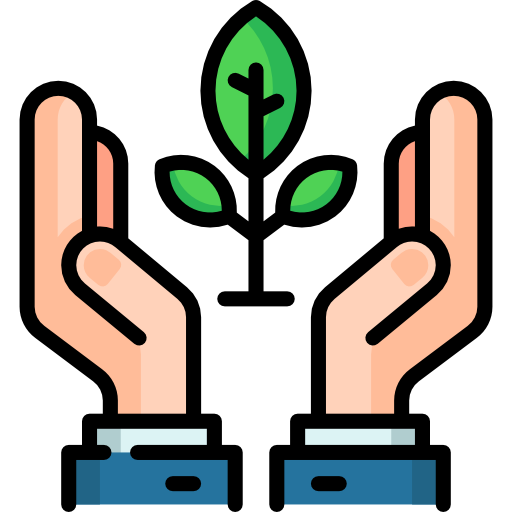
analyzing and minimizing human influence on ecosystems and animals
Your Potential Workplaces:

research groups

government agencies

animal support groups

consulting companies
Other Potential Careers in Animal Biology
Don't worry, there are a lot of other careers if you want to work with animals! Here are a few:

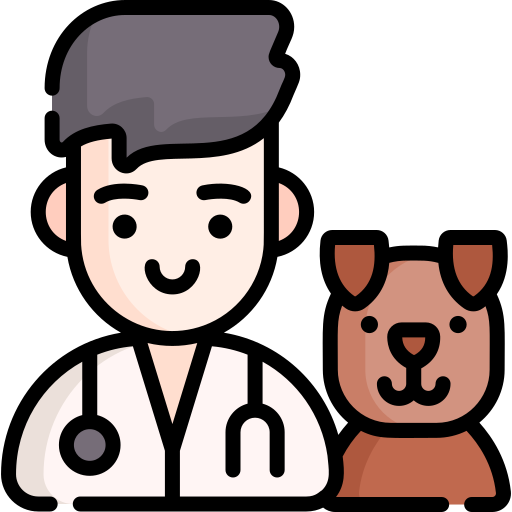
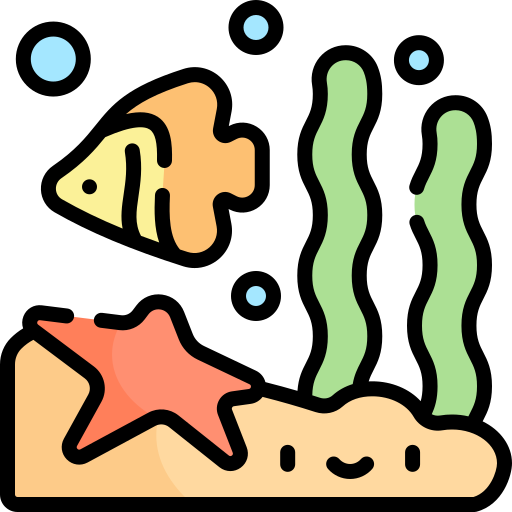
Cell Biology Careers
Cell biology is the study of the life of cells — cells of humans, plants, animals, bacteria, and other living organisms.
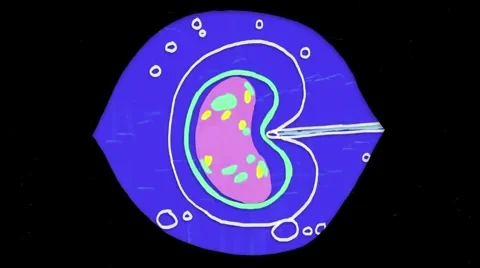
Epidemiologist
One career path for those interested in cell biology is to become an epidemiologist. Epidemiologists study epidemiology, which is the study of diseases, their causes, effects, and the way they're transmitted.
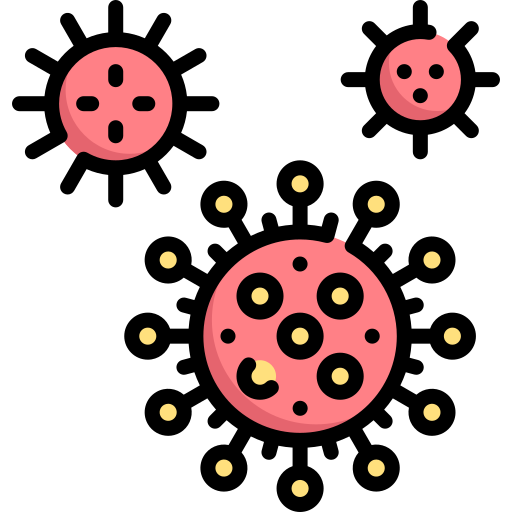
How Do I Become an Epidemiologist?
You'll need to complete a Bachelor's degree and a Master's degree in biology or epidemiology, or a Doctorate degree if you would like more advanced positions.
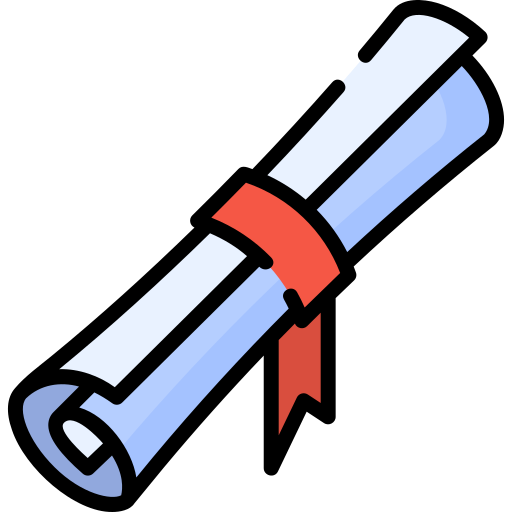
Your Potential Responsibilities:
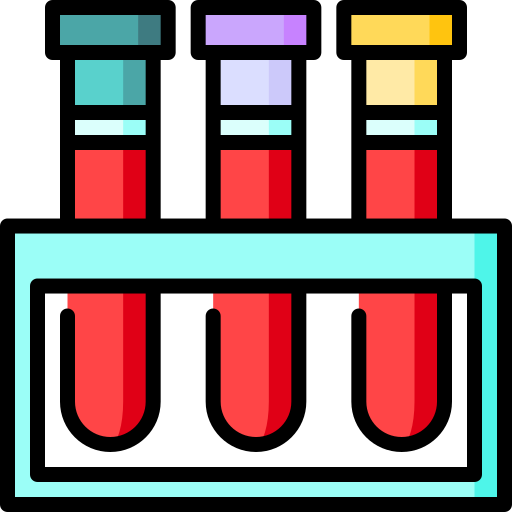
collect and analyze data through experiments, surveys, and observations

communicate findings in papers and presentations

plan and/or direct studies
Your Potential Workplaces:
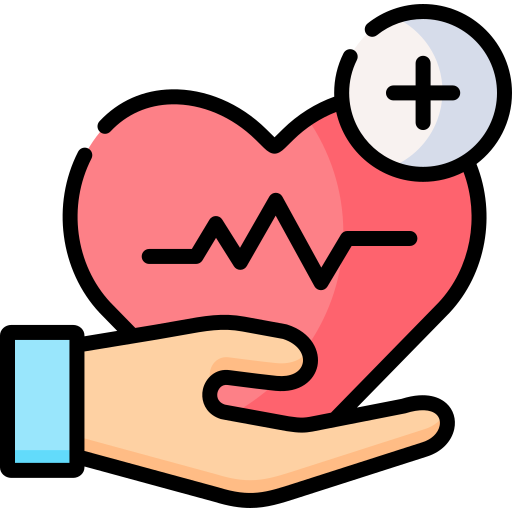
governments and public health organizations

hospitals
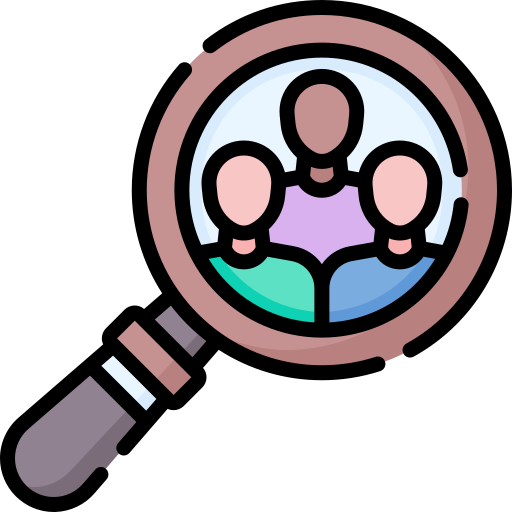
colleges, universities, and research organizations
What Conditions Does an Epidemiologist Work In?
Epidemiologists mostly work in an office or a laboratory setting.
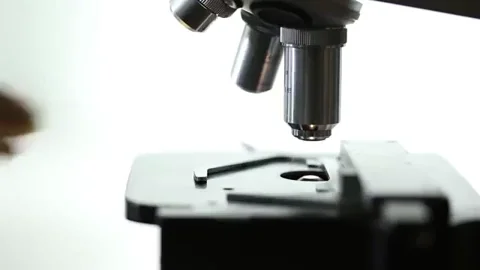
Some epidemiologists might work in a setting where they work with communities, teach about disease prevention, and conduct research surveys. They may also travel around the world to help study new and developing diseases!
Other Potential Careers in Cell Biology
You don't have to study disease if you like cell biology! Here are three other options if you want to do other important cell biology work:
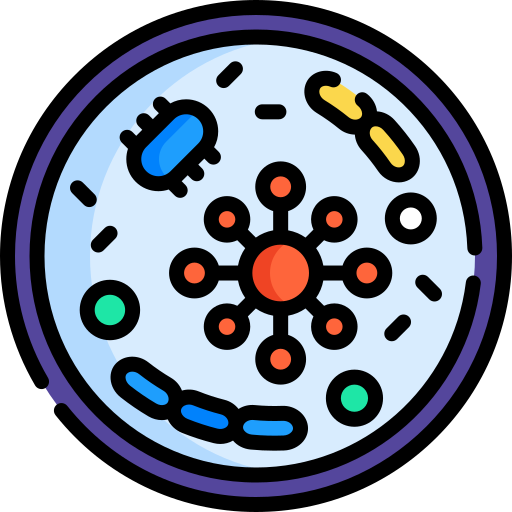
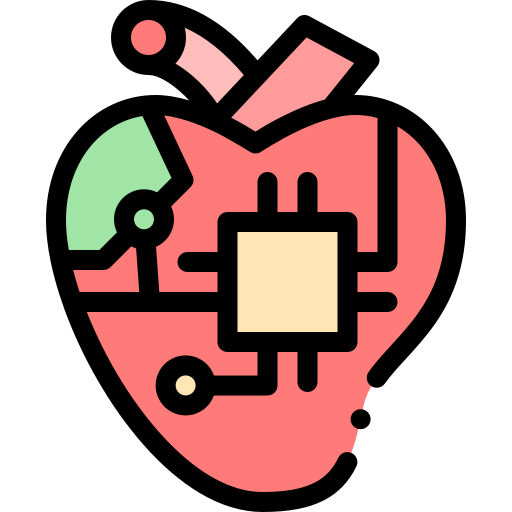
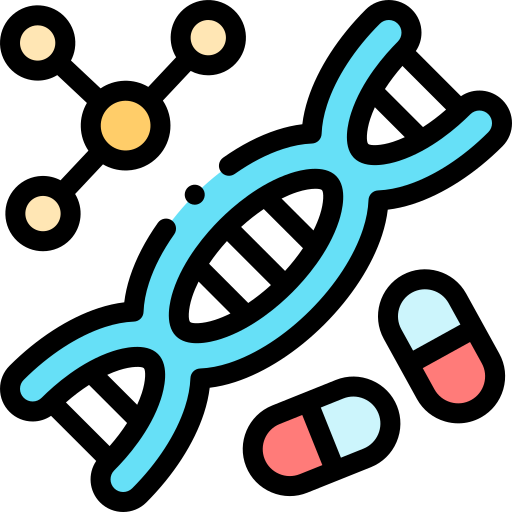
Quiz
Your sister, Martha, is struggling to pick a career in biology. She loves being outdoors, working with plants instead of animals, and doesn't like working indoors. What career would you recommend for Martha?
Take Action
Now you're ready to answer when you ask yourself, "What can I do with a bachelor's degree in biology?"

Take a look at these next steps for deciding on your career in Biology:
Your feedback matters to us.
This Byte helped me better understand the topic.
